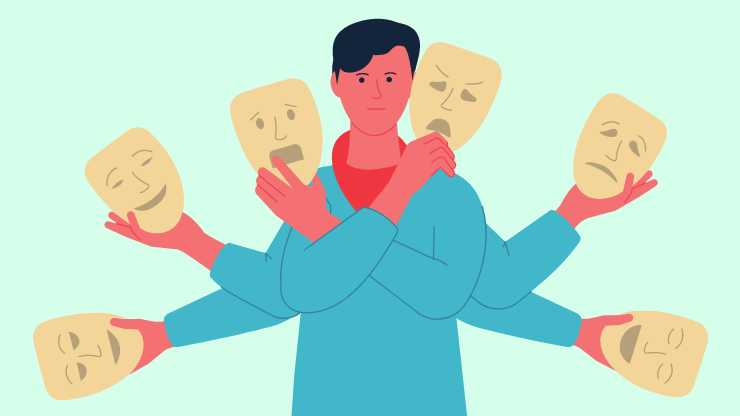Attribution is a psychological concept that refers to how people see the sources of their everyday experiences as external or internal. The models used to explain this process are known as attribution theory. Psychologists have found numerous biases in how humans attribute causation, particularly when dealing with others. The fundamental attribution error refers to the…
What is Attribute Substitution
Attribute substitution is a cognitive process in which an individual replaces a complex, difficult-to-assess attribute with a simpler, more readily available heuristic one. This is a psychological process thought to underlie a number of cognitive biases and play a significant role in the field of psychology and decision-making theory. This substitution is believed to happen in the automatic intuitive judgment system,…
Compassion Fade Causes and Effects
Compassion fade refers to the propensity to develop less empathy as the number of individuals requiring assistance rises. Being a form of cognitive bias, it exerts a substantial influence on the prosocial conduct that gives rise to acts of assisting. Paul Slovic, a psychologist and researcher, developed the term. This phenomenon is particularly evident in…
Cognitive Restructuring vs Cognitive Reframing
Cognitive restructuring involves identifying and challenging irrational or maladaptive thoughts. The process is therapeutic and analytical, requiring individuals to examine the evidence for and against their thoughts, question their validity, and then replace them with more balanced and realistic ones. For example, cognitive restructuring is a key element within traditional cognitive-behavioral therapy that helps to modify…
Trait Ascription Bias
Trait ascription bias refers to the tendency of people to judge the personality traits of others more prominently than they would the situational factors influencing those people’s behaviors. It often results in a skewed perception, where one assumes that behavior is reflective of inherent personality characteristics rather than external circumstances. The roots of trait ascription bias lie in the…
What is the Planning Fallacy?
The planning fallacy is a form of cognitive bias affecting one’s ability to predict the time needed to complete a future task. Despite past experience suggesting longer timelines, individuals often underestimate the duration necessary to finish a project. Essentially, this type of optimism bias reflects a disconnect between forecasting and actual outcomes in decision-making and has been observed across…
Bullied Teenagers’ Brains Show Chemical Changes Linked To Psychosis
Teens who are bullied by their peers are more likely to experience early psychotic episodes, which is linked to decreased levels of a critical neurotransmitter in the area of the brain responsible for controlling emotions, according to new research. This research implies that a particular neurotransmitter might be a good candidate for pharmaceutical treatments meant…
Naive Cynicism – The Distrust Bias
When people mistakenly assume that others are more egocentrically biased than they actually are, it can lead to naïve cynicism, a cognitive bias and type of psychological egoization. Unlike healthy skepticism, it overgeneralizes and impairs objective judgement. This bias stems from a protective mechanism; it mitigates disappointment from unmet expectations and aligns with one’s preconceived…
Self Regulation Theory and Examples
Self-regulation refers to the ability to manage one’s thoughts, feelings, and behaviors to reach a desired goal. Psychologists such as Albert Bandura and Roy Baumeister have contributed significantly to our understanding of this construct. Self-regulation involves multiple stages. Throughout the stages, individuals must contribute to their own motivation, conduct, and growth within a network of…








